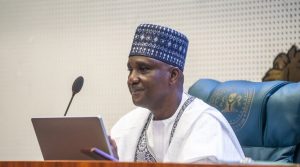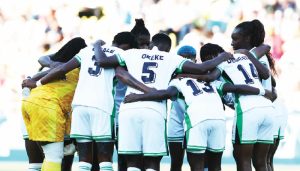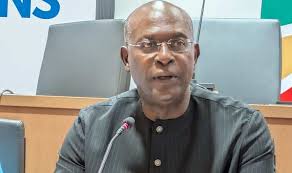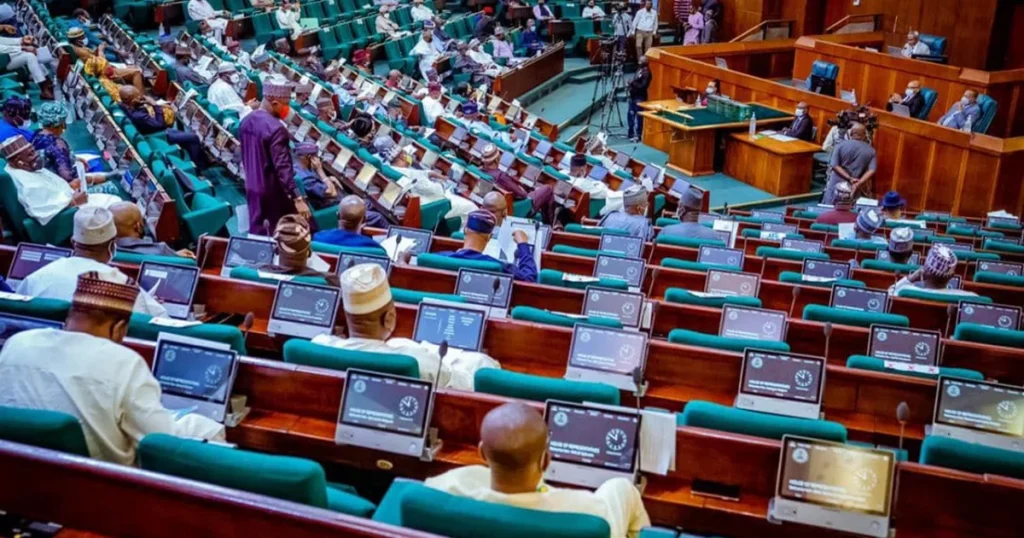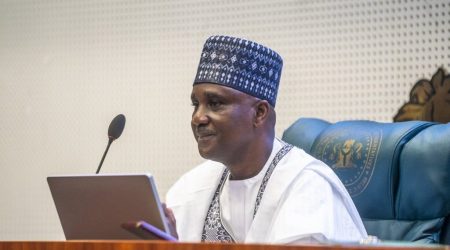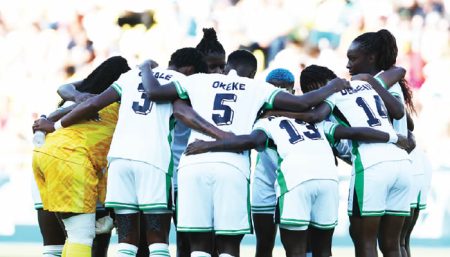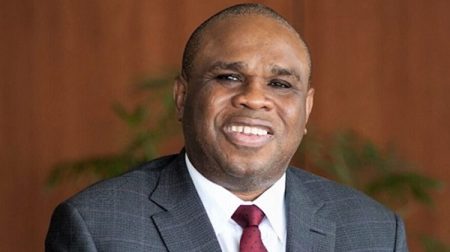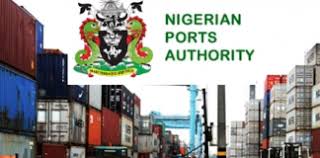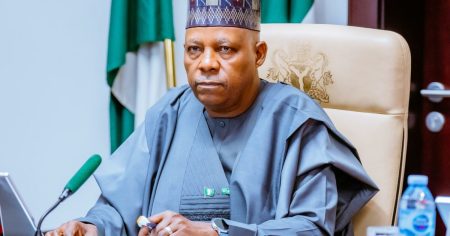The Nigerian House of Representatives Public Accounts Committee (PAC) has issued a directive to the Central Bank of Nigeria (CBN) demanding the remittance of a substantial sum of N3.64 trillion to the Federal Government within a 14-day timeframe. This directive follows a joint hearing with the Public Assets Committee where the CBN, represented by Deputy Governor Bala Bello and Finance Minister Wale Edun, was questioned about its failure to remit operational surpluses and its handling of unclaimed dividends and dormant account balances. The demanded amount represents 70% of a reported N5.2 trillion in outstanding operating surplus accumulated between 2016 and 2022. The PAC asserts that this non-remittance constitutes a violation of the Fiscal Responsibility Act 2007.
The crux of the issue lies in the discrepancy between the CBN’s reported remittances and the findings of the Auditor General for the Federation and the Fiscal Responsibility Commission. Both independent bodies have corroborated the existence of the N5.2 trillion liability, placing significant pressure on the CBN to account for the discrepancy. The PAC’s directive, communicated through a formal letter to CBN Governor Yemi Cardoso, emphasizes the urgency of the matter and the seriousness of the alleged violation. The letter underscores the legal basis for the demand, referencing the Fiscal Responsibility Act 2007, which mandates the remittance of operational surpluses to the Federal Government.
Beyond the operating surplus issue, the PAC also addressed the management of unclaimed dividends and dormant account balances. The Finance Act 2020 stipulates that such funds should be transferred to the Unclaimed Funds Trust Fund, a body overseen by a Governing Council that includes the Minister of Finance and the Debt Management Office. However, the CBN’s interpretation of the Banks and Other Financial Institutions Act 2020 seemingly grants it the authority to manage these funds, a position that contradicts the legal opinion of the Attorney General of the Federation. This conflicting interpretation has created uncertainty regarding the rightful custodian of these funds, further complicating the financial accountability landscape.
The PAC has articulated clear directives to the CBN to address these issues. Firstly, the bank is required to remit the N3.64 trillion, representing 70% of the outstanding operating surplus, within 14 days. This remittance is considered a preliminary step pending a comprehensive reconciliation of the figures by all involved parties, suggesting that the final amount due may differ. Secondly, the CBN must provide a comprehensive report detailing the total value of unclaimed dividends and dormant account balances by June 30, 2025. This will provide a clearer picture of the magnitude of these funds and facilitate their proper management.
Furthermore, the CBN is instructed to transfer all unclaimed dividends and dormant account balances to the Unclaimed Funds Trust Fund within 14 days. This directive aligns with the provisions of the Finance Act 2020 and reinforces the authority of the Governing Council over these funds. The PAC has emphasized the importance of compliance by requiring the CBN to submit evidence of both the remittance and the transfer to the Committee Secretariat by July 14, 2025. This deadline ensures that the issue remains a priority and provides a mechanism for monitoring the CBN’s compliance with the directives.
The PAC’s actions represent a significant step towards ensuring financial accountability and transparency within the Nigerian government. By demanding the remittance of substantial funds and clarifying the management of unclaimed assets, the Committee aims to uphold the principles of fiscal responsibility and ensure that public funds are utilized appropriately. The directives issued to the CBN carry significant weight and their implementation will have a direct impact on the Federal Government’s financial resources. The outcome of this situation will likely set a precedent for future interactions between the legislature and the central bank regarding financial oversight and regulatory compliance. The next few weeks will be crucial in determining the CBN’s response and the subsequent actions taken by the PAC.


